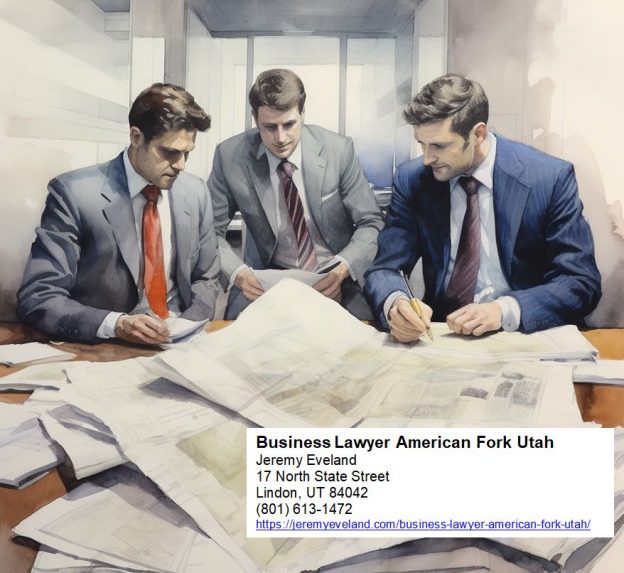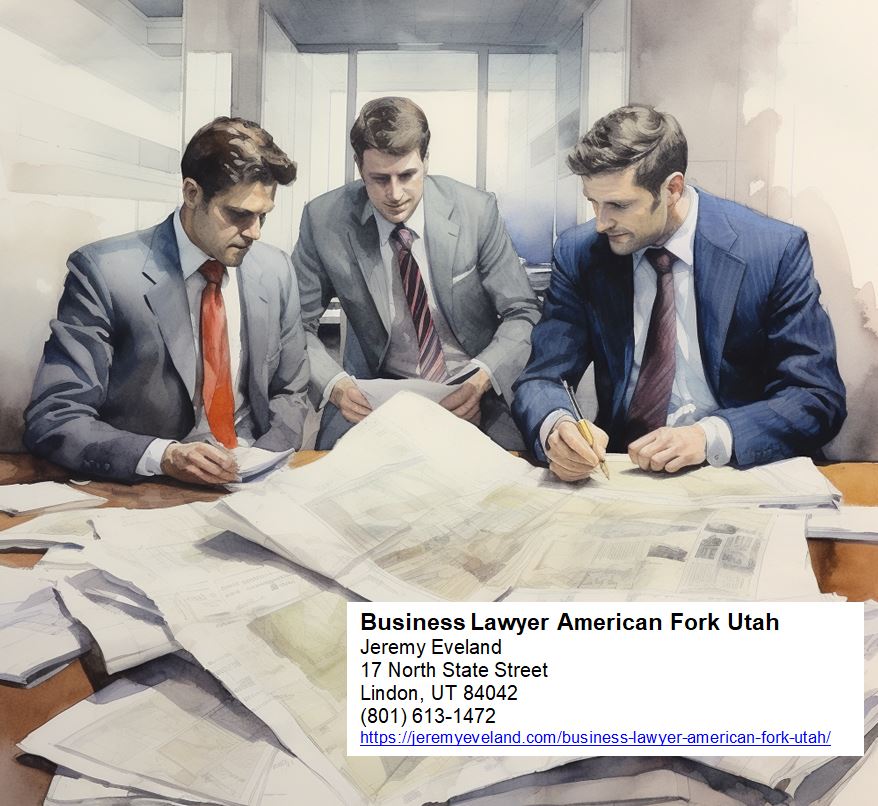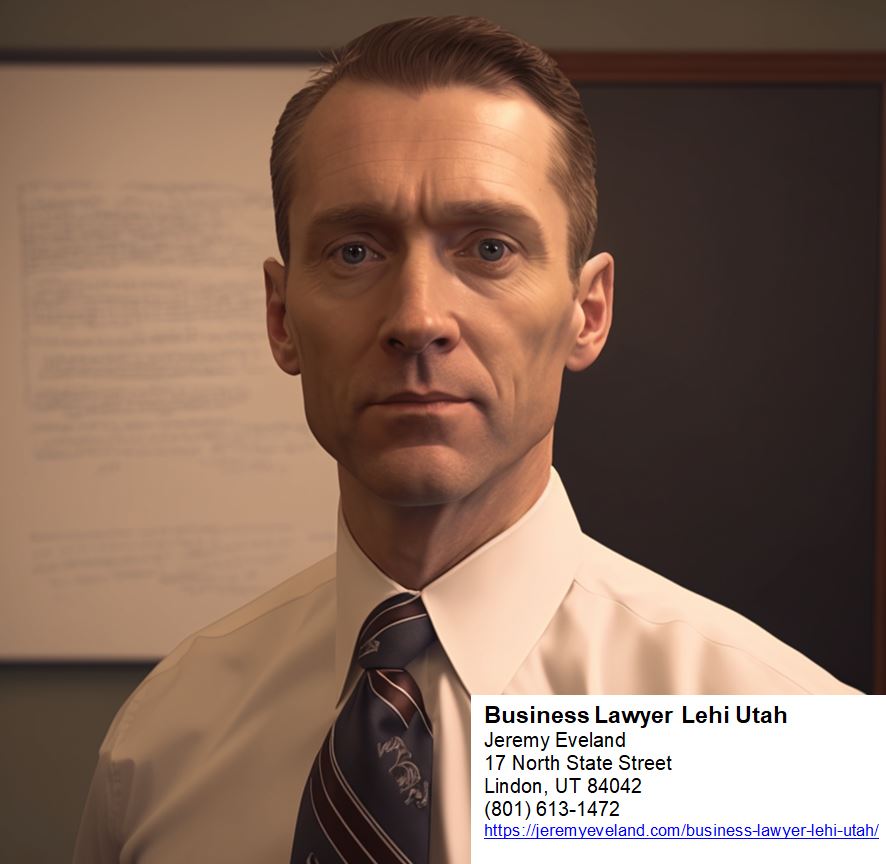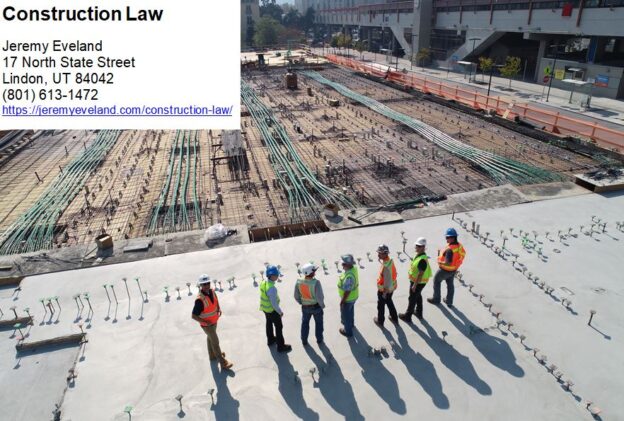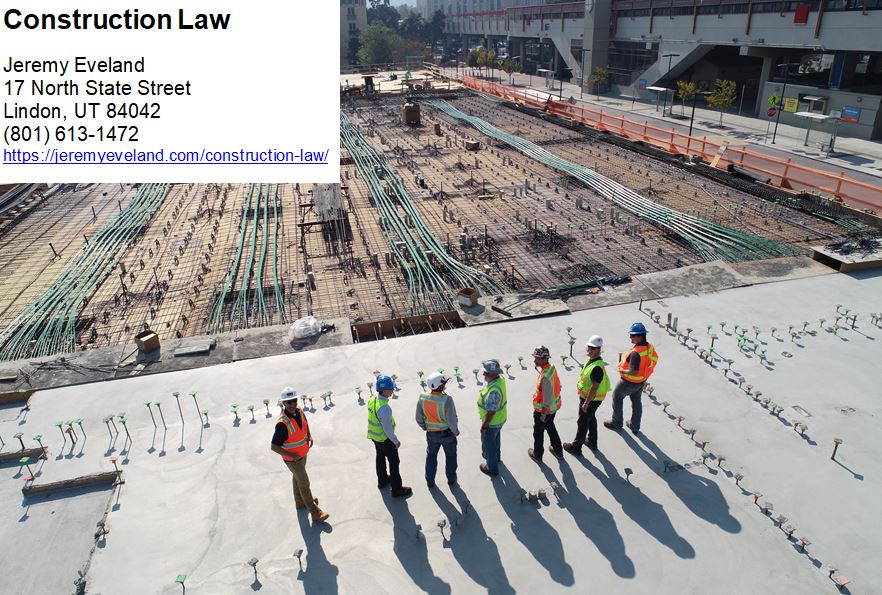In today’s fast-paced and ever-changing business landscape, it is essential for companies to prioritize the safety and well-being of their employees. Compliance with Occupational Safety and Health Administration (OSHA) regulations is not only a legal requirement, but also a crucial aspect of maintaining a safe work environment. Failure to comply with OSHA training requirements can have serious consequences, including termination. This article will explore the implications of non-compliance with OSHA training, the potential legal ramifications, and the steps businesses can take to ensure they are meeting these important obligations.

Overview of OSHA Training
Ensuring the safety and well-being of employees is of utmost importance for any organization. This is where OSHA (Occupational Safety and Health Administration) training comes into play. OSHA training programs are designed to provide employees with the necessary knowledge and skills to prevent workplace accidents and injuries. In this comprehensive article, we will delve into the importance of OSHA training, the legal obligations for employers, the various types of OSHA training programs available, and the consequences of non-compliance.
Importance of OSHA Training
OSHA training is instrumental in creating a safe and healthy work environment. By providing employees with the necessary training, employers can effectively mitigate the risk of workplace accidents and injuries. OSHA training equips employees with the knowledge to identify hazards, implement safe work practices, and handle emergency situations. Employers who prioritize OSHA training demonstrate a commitment to the well-being of their workforce, resulting in increased productivity and morale.
Legal Obligations for Employers
Employers have a legal obligation to provide a safe and healthy work environment for their employees. Under federal and state OSHA laws, employers are required to comply with safety and health standards and ensure employees receive adequate training. Failure to meet these obligations can result in penalties, citations, and potential legal action. By providing OSHA training, employers fulfill their legal duty to protect their workforce and maintain compliance with regulatory requirements.
Types of OSHA Training Programs
OSHA training programs cater to the specific needs of different industries and job roles. Some of the commonly offered training programs include:
-
General Industry Training: This program is designed for employees working in industries such as manufacturing, healthcare, and warehousing. It covers topics such as hazard identification, emergency response, and personal protective equipment.
-
Construction Industry Training: Targeting employees in the construction sector, this program focuses on construction-specific hazards, such as falls, electrocution, and trenching accidents. It also covers relevant OSHA regulations and standards.
-
Hazard Communication Training: This training program educates employees on the potential hazards of workplace chemicals and how to safely handle and communicate information about these hazards.
-
Forklift Safety Training: Designed for employees operating forklifts or other powered industrial trucks, this program teaches proper operation techniques, maintenance, and best safety practices.
Employers should assess the specific training needs of their workforce and select appropriate OSHA training programs to ensure comprehensive compliance and a safe work environment.
Termination for OSHA Training Non-compliance
Definition of OSHA Training Non-compliance
OSHA training non-compliance refers to the failure of an employee to complete required OSHA training or adhere to established safety protocols. Non-compliance can occur if an employee neglects to attend training sessions, fails to follow safety procedures, or refuses to participate in remedial training opportunities. It is crucial for employers to understand the consequences and potential liabilities associated with OSHA training non-compliance to maintain a safe and compliant workplace.
Justifications for Termination
Terminating an employee for OSHA training non-compliance is a serious decision that should only be made after careful consideration. While termination should not be the initial response to non-compliance, there are justifications for taking such action. These can include:
-
Non-compliance poses a threat to employee safety: If an employee consistently fails to adhere to OSHA training and safety protocols, it creates a hazardous work environment for themselves and others. Termination may be necessary to ensure the well-being of all employees.
-
Failure to meet legal obligations: Employers have a legal responsibility to provide OSHA training and maintain compliance with safety standards. Retaining an employee who repeatedly refuses or neglects to comply with training requirements may expose the employer to legal liabilities and penalties.
-
Lack of commitment to workplace safety: OSHA training non-compliance may indicate a lack of commitment to workplace safety on the part of the employee. This lack of commitment can negatively impact the overall safety culture of the organization.
Liabilities for Employers
Employers face several liabilities when it comes to OSHA training non-compliance. These liabilities can include:
-
Penalties and Citations: Non-compliance with OSHA regulations can result in penalties and citations from the regulatory authorities. These penalties can be substantial and can damage the financial stability and reputation of the organization.
-
Lawsuits and Legal Action: In the event of an accident or injury caused by non-compliance, employers may face lawsuits and legal action from affected employees. This can lead to significant legal costs, damages, and potential reputational damage.
-
Workers’ Compensation Claims: Non-compliance with OSHA training requirements may void an employer’s ability to defend against workers’ compensation claims. This can result in increased insurance premiums and financial burdens for the organization.
Employers should take proactive steps to mitigate these liabilities by establishing effective OSHA training policies and ensuring compliance across the workforce.
Establishing OSHA Training Policies
Developing OSHA Training Programs
To establish effective OSHA training policies, employers should develop comprehensive training programs tailored to the specific needs of their workforce. These programs should cover all relevant OSHA standards, regulations, and best practices. Employers can either develop their own training materials or utilize third-party resources to ensure all necessary topics are covered. It is essential to regularly review and update these programs to reflect changes in regulations and industry best practices.

Implementing OSHA Training Policies
Once the training programs are developed, employers should implement them consistently across the organization. This involves scheduling and conducting training sessions, ensuring employee attendance, and providing appropriate resources and materials. Employers should also consider the use of online training platforms and tools to facilitate easy access to training materials for remote or off-site employees.
Monitoring OSHA Training Compliance
Monitoring and tracking OSHA training compliance is critical to maintaining a safe and compliant work environment. Employers should maintain accurate records of employee training completion, attendance, and performance evaluations. Regular audits and inspections can help identify any gaps in compliance and allow for prompt corrective actions. Employers may also consider implementing a system for employees to report non-compliance or safety concerns anonymously.
Consequences of Non-compliance
OSHA Inspections and Penalties
Non-compliance with OSHA training requirements increases the likelihood of inspections and penalties from regulatory authorities. OSHA can conduct inspections based on complaints, incidents, or randomly selected workplaces. Failure to meet training requirements can result in citations, fines, and potential legal action. It is crucial for employers to prioritize compliance to avoid these consequences.
Workers’ Compensation Issues
In the event of an accident or injury caused by non-compliance, employers may face challenges in defending against workers’ compensation claims. Non-compliance with OSHA training requirements can weaken an employer’s position in demonstrating due diligence and providing a safe work environment. This can result in increased workers’ compensation costs and potential reputational damage.
Reputational Damage
Non-compliance with OSHA training requirements can have severe consequences for an organization’s reputation. News of accidents, injuries, or non-compliance can spread quickly through social media and negatively impact the public perception of the company. Reputational damage can lead to decreased customer trust, difficulty in attracting top talent, and potential financial loss.
Legal Considerations
Federal and State OSHA Laws
Employers must navigate both federal and state OSHA laws to ensure compliance with safety and training requirements. While federal OSHA sets minimum standards, some states have their own additional requirements that employers must meet. It is essential for employers to familiarize themselves with both federal and state regulations and stay updated on any changes or new requirements.
Discrimination and Retaliation Claims
Employers must be wary of potential discrimination or retaliation claims when terminating employees for OSHA training non-compliance. Employees may claim that their termination was unjust and a form of retaliation for reporting safety concerns or exercising their rights under OSHA. Employers should ensure clear documentation of non-compliance issues and demonstrate that termination was based on legitimate business reasons.
Exceptions and Mitigating Factors
There may be certain exceptions and mitigating factors to consider when terminating employees for OSHA training non-compliance. If an employee has valid reasons for not completing training, such as medical conditions or religious objections, employers should explore reasonable accommodations or alternative training options. It is crucial to approach termination decisions with fairness, consistency, and compliance with applicable laws.

Steps to Terminate Employees for Non-compliance
Issuing Warnings and Documentation
Prior to termination, employers should provide employees with warnings regarding their non-compliance with OSHA training requirements. These warnings should be documented in writing and clearly outline the specific training deficiencies and the consequences of continued non-compliance. Using a progressive disciplinary approach, employers can establish a record of attempts to address the issue before resorting to termination.
Providing Remedial Training Opportunities
Employers should offer remedial training opportunities to employees who have not complied with OSHA training requirements. Providing additional resources, guidance, or retraining can help employees better understand the importance of compliance and rectify any deficiencies. Offering these opportunities demonstrates an employer’s commitment to helping employees fulfill their training obligations.
Termination Procedures
If an employee continues to demonstrate non-compliance even after warnings and remedial training, termination may be necessary. Employers should follow established termination procedures, ensuring compliance with employment laws and any contractual obligations. Termination should be executed in a professional and respectful manner, with clear communication of the reasons for termination and any applicable severance or notice period.
Challenging Termination Decisions
Wrongful Termination Claims
Employees terminated for OSHA training non-compliance may attempt to bring forth wrongful termination claims. It is essential for employers to have robust documentation and evidence demonstrating the legitimate reasons for termination. Employers should consult with legal counsel experienced in employment law to navigate any potential legal challenges.
Defenses for Employers
Employers may have defenses against wrongful termination claims related to OSHA training non-compliance. These defenses can include demonstrating the validity of the termination decision, providing evidence of the employee’s repeated non-compliance, and showcasing the employer’s efforts to ensure a safe work environment. Legal counsel can help employers build their defenses and navigate the legal process.
Importance of Legal Representation
Given the potential legal complexities and risks associated with terminations for OSHA training non-compliance, it is crucial for employers to seek legal representation early on. A knowledgeable and experienced employment law attorney can provide guidance, help employers navigate compliance requirements, and defend their interests in the event of legal challenges.
Recommended Actions for Employers
Developing OSHA Compliance Programs
To ensure OSHA training compliance, employers should develop comprehensive OSHA compliance programs tailored to their specific industry and workforce. These programs should establish protocols for training, safety procedures, incident reporting, and ongoing monitoring. Regular reviews and updates to the compliance programs are essential to address any changes in regulations and industry best practices.
Promoting Employee Participation
Employers should actively promote employee participation in OSHA training programs to create a culture of safety and compliance. Providing incentives, rewards, and recognition for employees who complete training can help increase compliance rates. Regular communication and reminders about the importance of training and safety practices can also help reinforce the organization’s commitment to employee well-being.
Consulting with Legal Counsel
Given the legal considerations surrounding OSHA training and the potential liabilities associated with non-compliance, it is advisable for employers to consult with legal counsel specializing in employment and OSHA law. Legal counsel can provide guidance on compliance requirements, help develop effective training policies, and assist in navigating any legal challenges that may arise.
FAQs About Termination for OSHA Training Non-compliance
Can an employer terminate an employee for failing to complete OSHA training?
Yes, an employer can terminate an employee for failing to complete OSHA training, especially if the non-compliance poses a threat to employee safety or if it constitutes a violation of legal obligations. However, termination should generally be viewed as a last resort after other corrective measures, such as warnings and remedial training opportunities, have been exhausted.
What legal risks do employers face when terminating employees for OSHA training non-compliance?
Employers may face legal risks, such as wrongful termination claims, discrimination or retaliation claims, and potential reputational damage. It is crucial for employers to approach termination decisions with fairness, consistency, and compliance with applicable employment and OSHA laws. Consulting with legal counsel can help mitigate these risks.
Is it mandatory for all employees to undergo OSHA training?
The specific OSHA training requirements vary depending on the industry, job roles, and applicable regulations. Employers should assess their legal obligations and determine which employees are required to undergo OSHA training. It is generally advisable to prioritize training for all employees, as a comprehensive training program benefits both employees and employers.
Can an employee challenge their termination for OSHA training non-compliance?
Employees terminated for OSHA training non-compliance may attempt to challenge their termination, claiming wrongful termination or retaliation. Employers should maintain thorough documentation and evidence demonstrating the legitimate reasons for termination and their compliance with legal requirements. Seeking legal counsel can help employers navigate any legal challenges that may arise.
How can employers ensure OSHA training compliance?
Employers can ensure OSHA training compliance by developing comprehensive training programs tailored to their specific industry and workforce. Regularly reviewing and updating these programs based on changes in regulations and industry best practices is essential. Additionally, promoting employee participation through incentives, rewards, and continuous communication about the importance of training can help foster a culture of compliance. Consulting with legal counsel can provide additional guidance and support in ensuring compliance.
